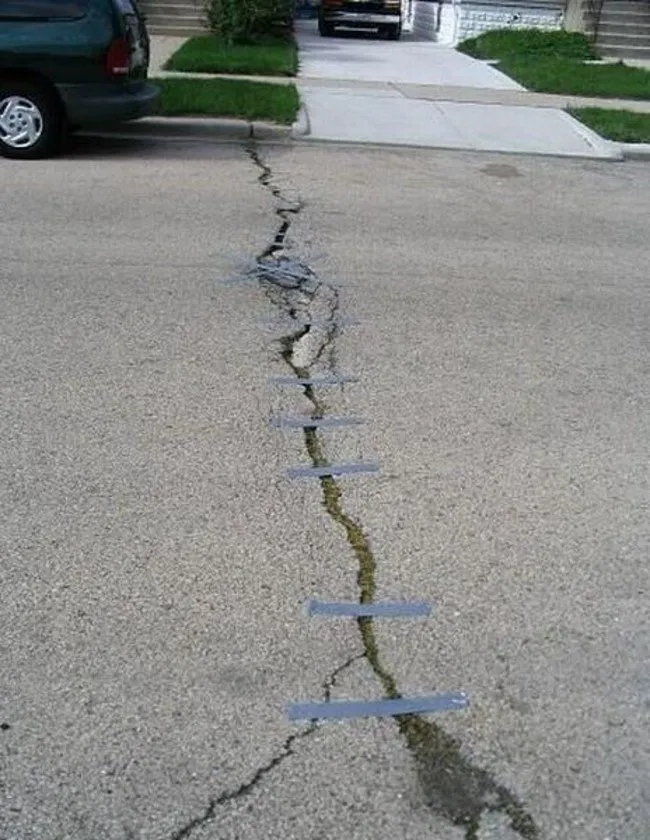Research carried out for the UK driver’s association the 3443 RAC shows that even tougher new penalties are failing to dissuade those at the wheel from using phones. The research has shown that 60% of drivers believe being the cause of a crash would make them stop using phones while driving. According to the RAC, too many drivers remain unaware of the dangers of cell phone use while behind the wheel. And 86% of drivers admitting phone use at the wheel said they would stop doing so. Of note is that a high percentage of drivers still feel it is acceptable to use a phone while sitting in traffic. However this is also illegal.
The study revealed that being responsible for causing crash while using a handheld phone would make 60% of drivers from doing so again. It also showed that 55% of drivers would stop using a cellphone at the wheel after being stopped by a police officer. Meanwhile the threat of points and a fine would make 54% of drivers stop using a phone at the wheel and causing a near-miss while using a handheld phone would stop 53% of drivers from doing so again.






